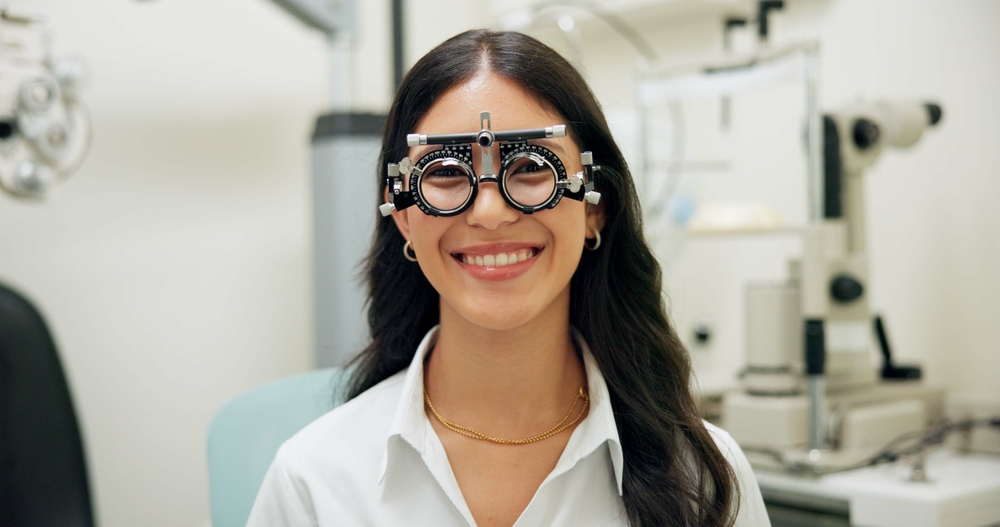
In the ever-evolving world of eye care, staying at the forefront of technological advancements is crucial for ensuring the best outcomes for patients. One of the most exciting developments in recent years is the RETeval system—an innovative, non-invasive device that is like an EKG for the eye. This groundbreaking technology offers a comprehensive evaluation of the eye's health, making it easier to detect various eye conditions early on.
What Is RETeval?
RETeval is a state-of-the-art technology that measures the electrical activity of the retina, the light-sensitive layer at the back of the eye. Much like an EKG measures the electrical activity of the heart, RETeval assesses how the retina responds to light. This information is crucial for diagnosing and monitoring a wide range of eye conditions, from retinal diseases to neurological disorders that can impact vision. Unlike traditional methods that may require dilation or uncomfortable procedures, RETeval offers a more comfortable and convenient way to get evaluated.
What Can RETeval Detect?
RETeval's advanced technology makes it possible to detect and monitor a variety of eye conditions, including:
Diabetic Retinopathy: RETeval is highly sensitive in detecting early signs of diabetic retinopathy, a common complication of diabetes that can lead to blindness if left untreated. By evaluating retinal function, RETeval can identify changes before they become apparent through traditional eye exams.
Glaucoma: This condition damages the optic nerve and can result in vision loss. RETeval helps in assessing the health of the retinal ganglion cells, which are affected in glaucoma. Early detection is key to managing glaucoma effectively, and RETeval makes this process quicker and more precise.
Age-Related Macular Degeneration (AMD): AMD is a leading cause of vision loss in older adults. RETeval can help detect functional changes in the retina associated with AMD, allowing for early intervention and better management of the condition.
Retinal Detachments and Degenerations: RETeval can identify abnormalities in the retinal layers that may indicate a risk of retinal detachment or degeneration, enabling timely treatment to prevent further complications.
Why RETeval Is the Future of Eye Health
One of the main advantages of RETeval is that it's a non-invasive procedure. Patients don't need to undergo dilation or experience discomfort, which is often associated with traditional retinal exams. The test is quick, painless, and can be performed on patients of all ages, making it an excellent choice for children and those who may be sensitive to traditional testing methods.
Early detection of eye conditions is crucial for preserving vision. By identifying issues before they progress, RETeval enables optometrists to intervene early, improving the chances of successful treatment. Whether it's detecting the early signs of diabetic retinopathy or monitoring the health of the optic nerve in glaucoma patients, RETeval provides invaluable data that can lead to better outcomes.
Unlike traditional methods that may only provide a snapshot of retinal health, RETeval offers a comprehensive analysis of the retina's electrical responses to light. This detailed information allows eye care professionals to detect subtle changes that might be missed by other diagnostic tools. With RETeval, you get a more complete picture of your eye health.
Get Evaluated with RETeval at Texas State Optical
At Texas State Optical, we are committed to providing our patients with the latest technology in eye care. By incorporating RETeval into our practice, we can offer more accurate and earlier detection of various eye conditions, helping you maintain optimal eye health. If you're due for an eye exam or have specific concerns about your vision, now is the perfect time to get evaluated with RETeval.
Schedule your eye exam to experience the future of eye health. Your eyes deserve the best, and with RETeval, we can help you keep them healthy for years to come. Contact Texas State Optical at our office in Santa Fe, Texas, or call (409) 231-6800 to book an appointment today.










